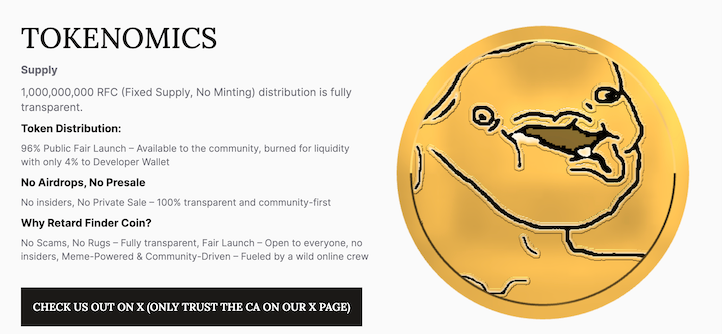Experts warn that Donald Trump’s ‘liberation day’ tariffs can push an already weakening US economy into recession.
The tariffs combine a 10% baseline duty with additional double-digit tariffs on key trading partners. Analysts note that the overall US tariff rate on imports would rise to 22%, a significant jump from the 2.5% seen last year.

Donald Trump giving a ‘Liberation Day’ speech at the Rose Garden in Washington DC. Source: Sky News
Olu Sonola, head of US economic research at Fitch Ratings, stressed that the tariff rate is now at its highest level since 1910, calling it a “game changer” for the US economy and the world.
Simon French, chief economist at Panmure Liberum, warned, “The chances of a US recession over the next 12 months are materially higher as a result of the decisions last night.”
Financial markets reacted swiftly. The US dollar fell 1.7% against a basket of currencies from key trading partners by early Thursday afternoon European time, reflecting growing concern about US growth prospects.
The tariffs are expected to affect the economy through multiple channels. While companies may not pass on the full cost increase to consumers, the wide scope of the tariffs means that American households are unlikely to be spared. During Trump’s 2018 trade war, about 60% of a temporary 20% tariff on imported washing machines was passed on to consumers.
See also US House committee passes stablecoin bill
Consumer sentiment has shown signs of weakness
In March, the Conference Board Consumer Confidence Index fell by 7.2 points to 92.9, the lowest level since January 2021, when some pandemic restrictions were still in place. At the same time, the consumer expectations index, which reflects views on income, business, and labor market conditions, plunged to 65.2 – the lowest reading in 12 years and well below the recession-warning threshold of 80.
US economist James Knightley from ING estimated that the new tariff package could add roughly $1,350 in extra costs for every American, depending on how much of the cost is passed on by businesses.
Marc Giannoni, an economist at Barclays, predicted that core consumer price inflation would likely exceed 4% this year and that real GDP would decline. Giannoni also warned that the unemployment rate might rise, forecasting a 0.1% contraction on a year-on-year basis in the final quarter of 2025 –a change he described as “consistent with a recession.” He further projected that unemployment could reach 4.6% by the fourth quarter.
Paul Donovan, an economist at UBS, said that market expectations will adjust to price in recession. He stated, “If there is no retreat, markets will price a US recession. If there is a retreat, markets will assume US growth will weaken.”
See also Goldman Sachs sees 35% recession risk, Bitcoin logs worst Q1 since 2018
Cryptopolitan Academy: Tired of market swings? Learn how DeFi can help you build steady passive income. Register Now



 Donald Trump giving a ‘Liberation Day’ speech at the Rose Garden in Washington DC. Source: Sky News
Donald Trump giving a ‘Liberation Day’ speech at the Rose Garden in Washington DC. Source: Sky News
